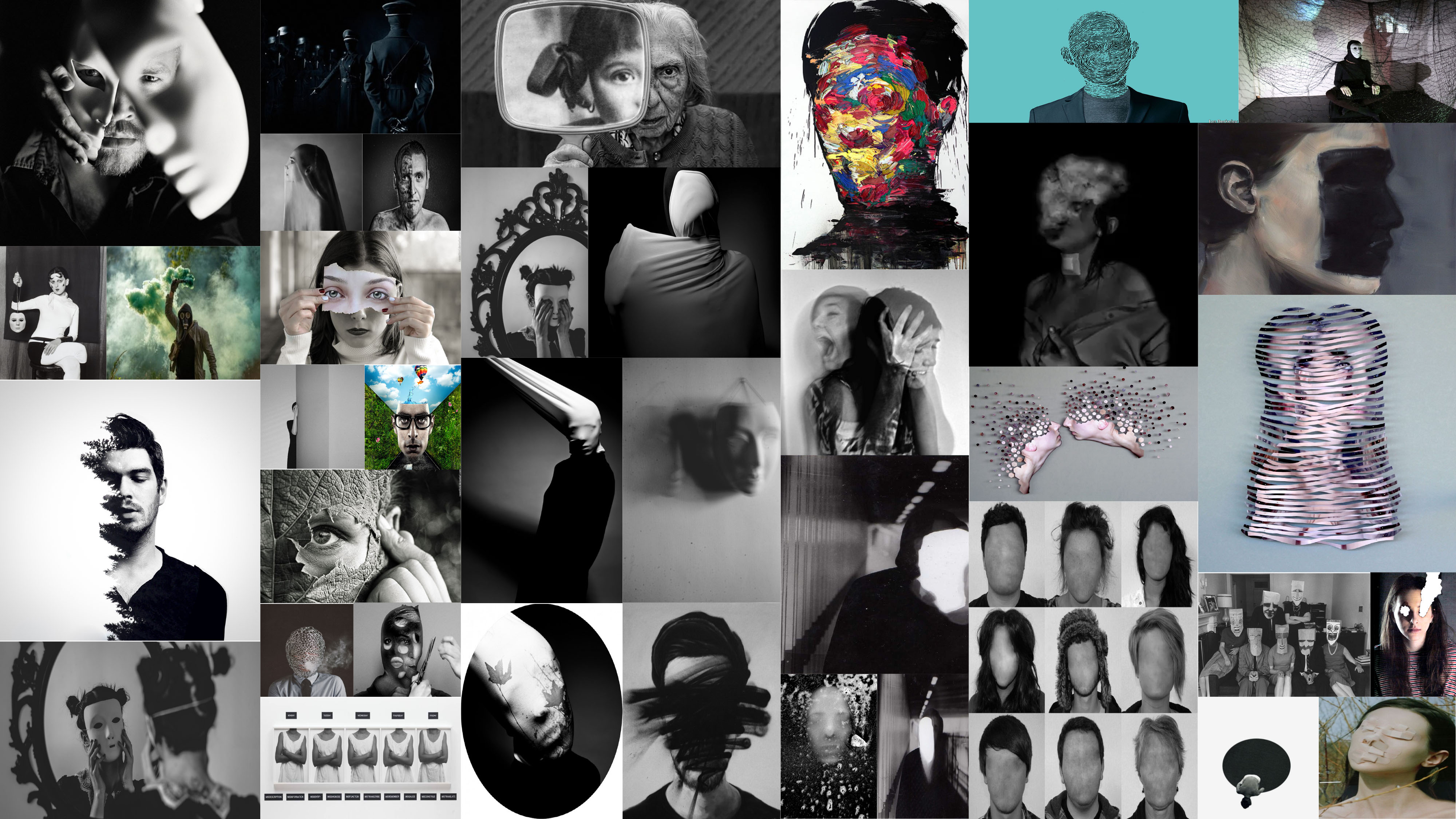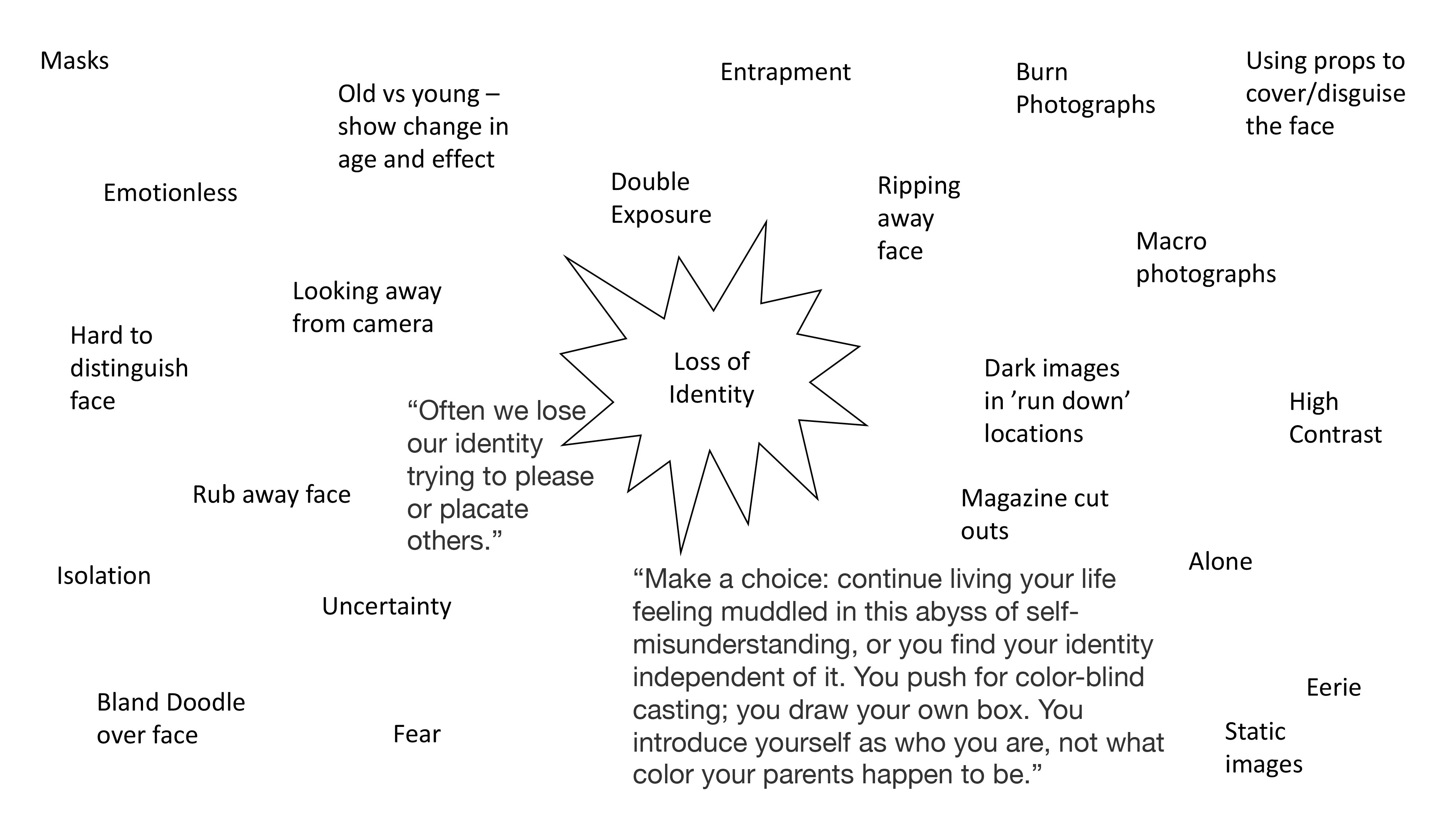Identity – In psychology, identity is the qualities, beliefs, personality, looks and/or expressions that make a person (self-identity) or group (particular social category or social group). Categorizing identity can be positive or destructive. A psychological identity relates to self-image (one’s mental model of oneself), self-esteem, and individuality -Wikipedia
- Gender Identity – Gender identity is the personal sense of one’s own gender. Gender identity can correlate with assigned sex at birth, or can differ from it. All societies have a set of gender categories that can serve as the basis of the formation of a person’s social identity in relation to other members of society. – Wikipedia

- Cultural Identity – Cultural identity is the identity or feeling of belonging to a group. It is part of a person’s self-conception and self-perception and is related to nationality, ethnicity, religion, social class, generation, locality or any kind of social group that has its own distinct culture. -Wikipedia
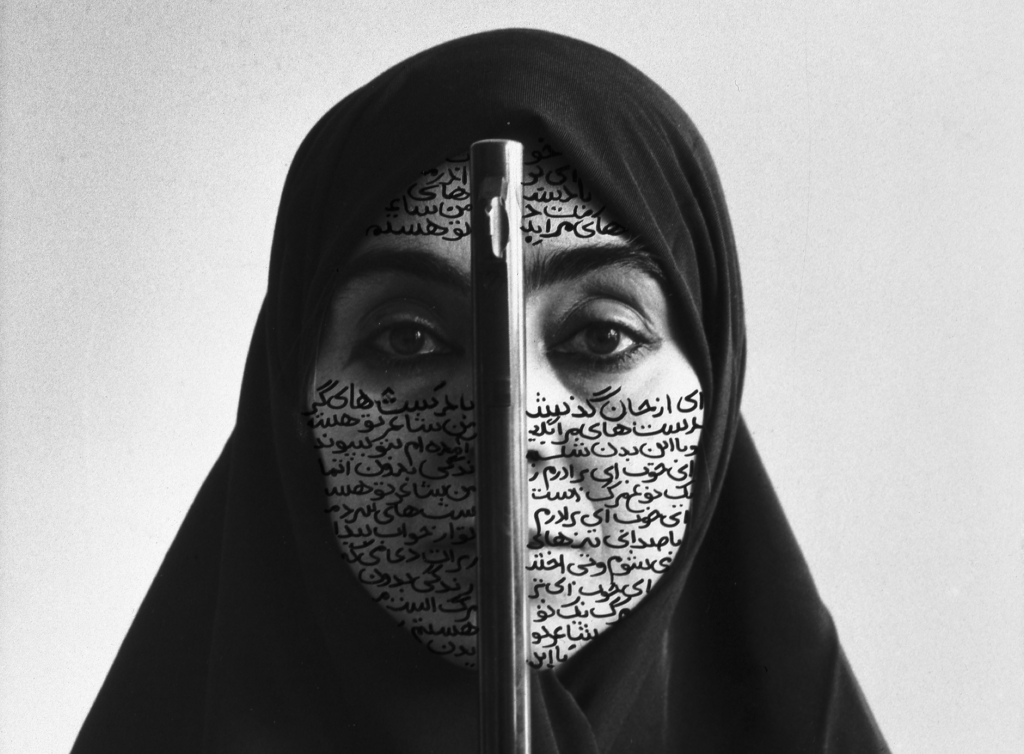
- Social Identity – Social identity is the portion of an individual’s self-concept derived from perceived membership in a relevant social group. -Wikipedia
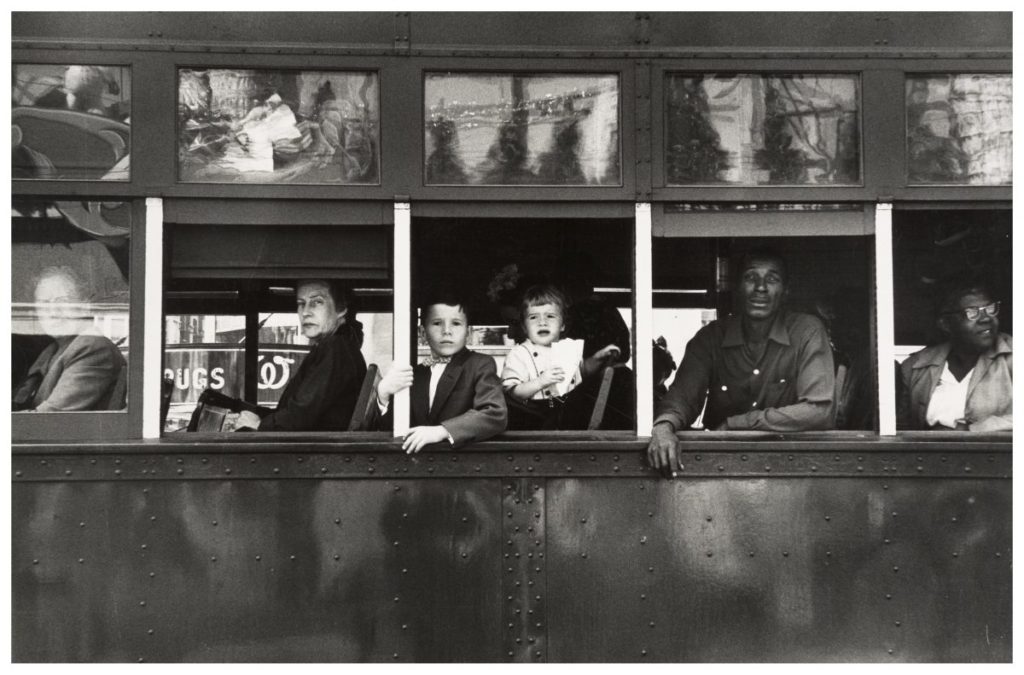
- Geographical Identity – An individual or group’s sense of attachment to the country, region, city, or village in which they live. The key characteristics with which a particular country, region, city, or village is associated. -Oxford Reference
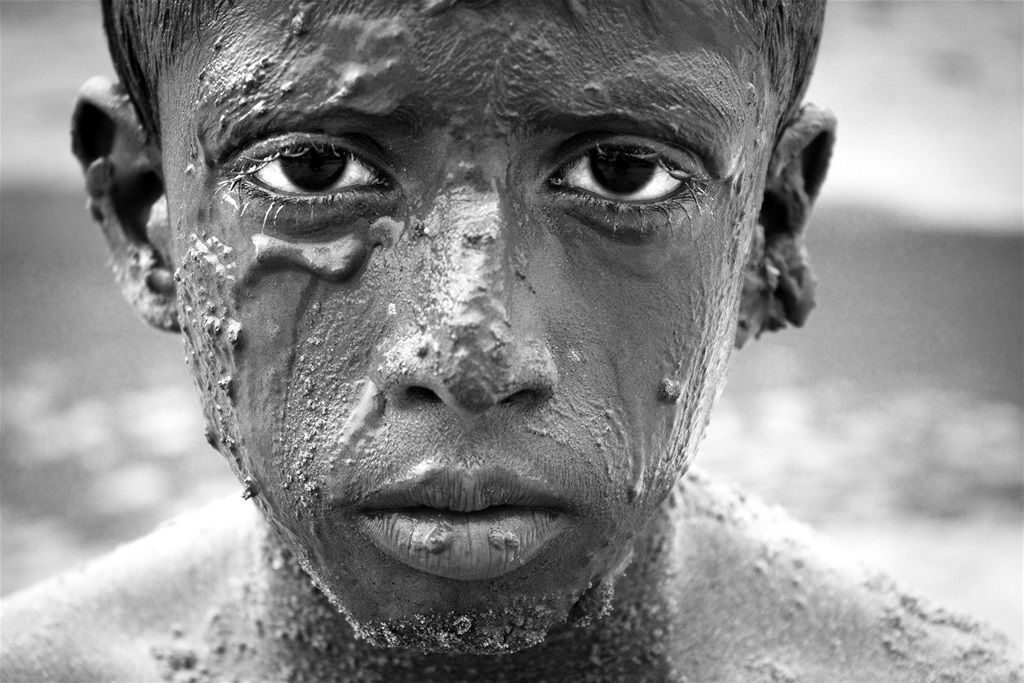
- Political Identity – Political positions based on the interests and perspectives of social groups with which people identify. -Wikipedia
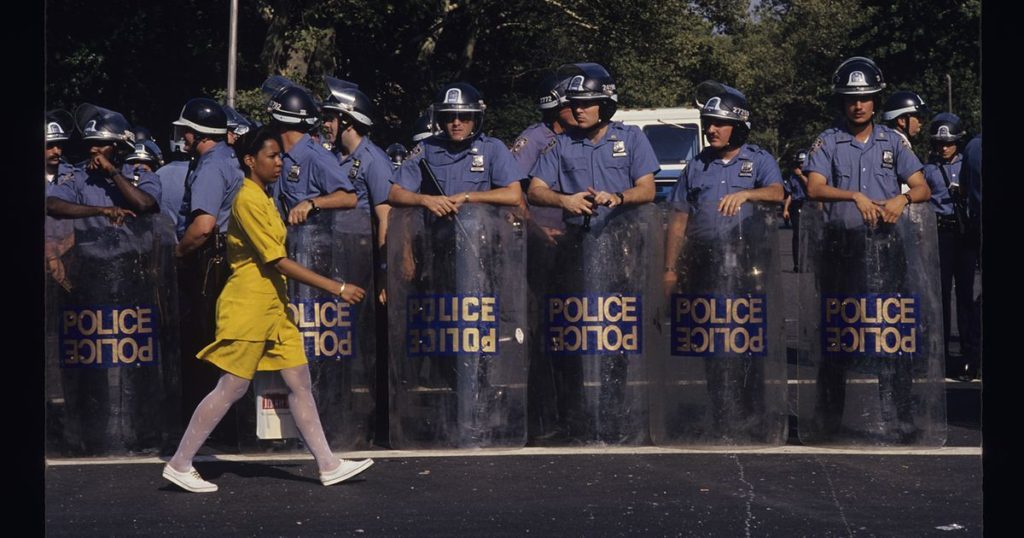
- Lack of / Loss of Identity – Loss of identity may follow all sorts of change; changes in the workplace, loss of a job or profession, loss of a role that once defined us, as a child, as a parent, as a spouse. This leaves a gap, an abyss, an empty space. Such loss of identity can result in increased levels of generalised anxiety, low self-esteem, depression, a loss of self-confidence, social anxiety, isolation, chronic loneliness, all of which threaten our ability to connect with other people. -https://www.counselling-directory.org.uk/counsellor-articles/i-dont-know-who-i-am-anymore-losing-my-identity
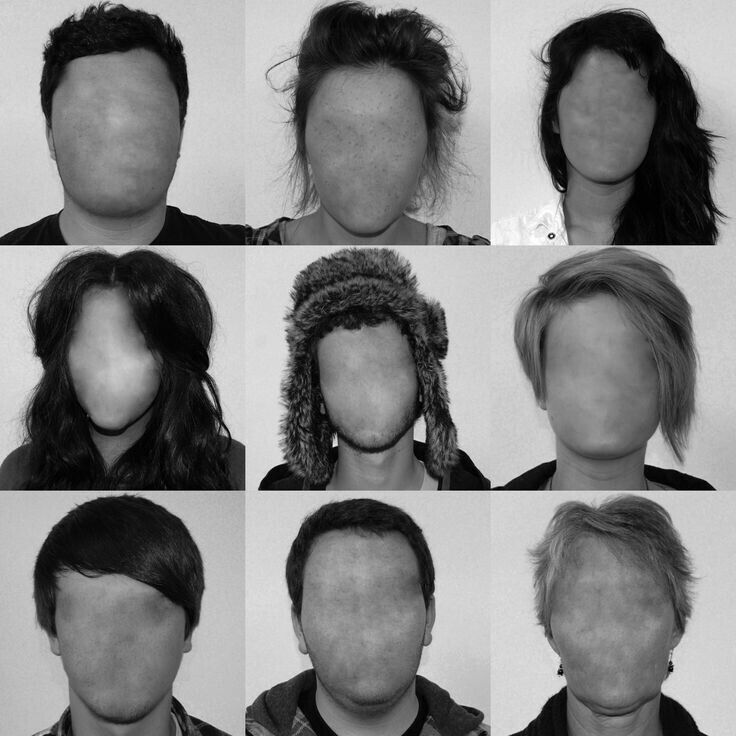
My initial instinct thoughts about identity and place are very varied. Personally, I am being drawn to lack of/loss of identity, due to the nature of being able to heavily experiment with props and photoshop. I feel that I would be able to express clear view points about loosing an identity through my photography. Moreover, I am also liking the idea of social identity as I would be able to explore more serious topics which are relevant to todays society. Although this would provide many opportunity’s, I feel I would be able to produce a stronger outcome and more in-depth if I went down the loss of identity root.
Loss of Identity:
